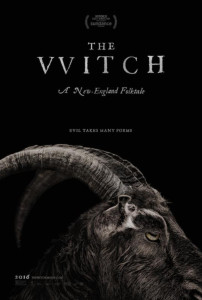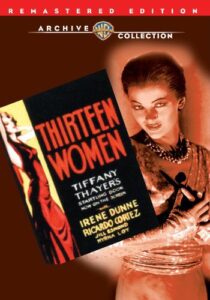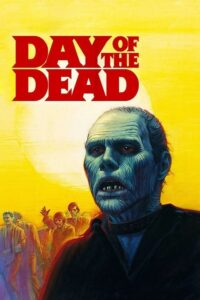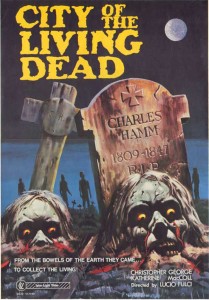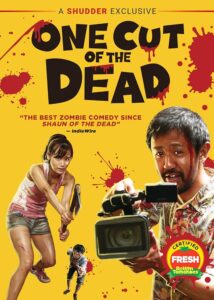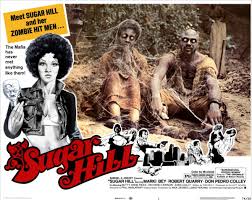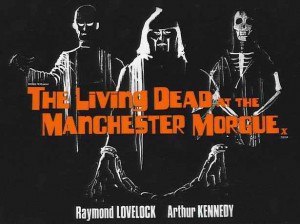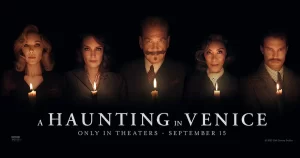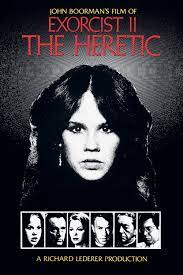.
I have just read a review of The Exorcist: Believer and it confirmed precisely what I feared, and not in the good horror movie kind of way, about that sequel.
Minor Spoilers for The Exorcist: Believer
Apparently in the climatic exorcism scene the ritual to cast out the demon this time is a multi-faith exercise involving various Christian and Non-Christian faiths because as one character had stated ‘it doesn’t matter what you have faith in as long as you have faith.’
This is the sort of shit that really annoyed the fuck out of me in bad storytelling and crappy world building.
As I have said in other posts, I am not a person of faith. I do not believe that there are any supernatural beings, gods, devils, demons, or ghosts. That doesn’t preclude me from enjoying a good piece of fiction that posits the existence of any along those lines. For the sake of a good story, I can give you all sorts of impossible things. The human body is a very complex and intricate machine easily broken and turned lifeless by any number if little chemical reactions gone astray but I can much my popcorn and lose myself in a good zombie movie even while knowing that re-animated dead are an impossibility.
When a storyteller or filmmaker resorts to the ‘it’s the person’s faith’ that makes the magic and not the myth or lore of the world, the story loses its power and its meaning. If a vampire is repelled by a cross than in that world that setting I want the blood of the Christ to be what causes evil to flee and not the ego of the person wielding the religious iconography. When angels come to Earth, bringing the war in heaven here as they battle over a child’s soul, I want to answer to come from Christian myth not some misplaced ‘noble savage’ appropriation of native American faith. When Catholic priests confront a demon and with ‘the power of Christy’ compel it to leave that tells me we are in a world of Christina lore and myth. All I am saying is be true to the rules, lore, and myth you are using for your tale and do not water it down for a mass audience seeking to not offend anyone.
In the Hulu television series Reservation Dogs, the mundane world and the mythical world of the Native American co-exist. Some characters are shocked when the spirits of their ancestors appear to them and others seem to live in that liminal space between those two worlds, but throughout the series the world is simply presented as it is and as it is believed in without any muddying of the waters about ‘it doesn’t matter what you believe in as long as you believe.’

